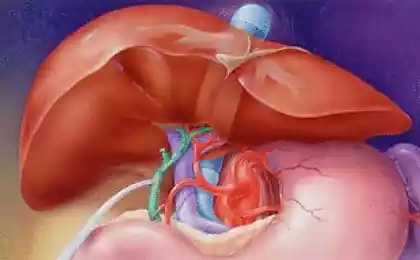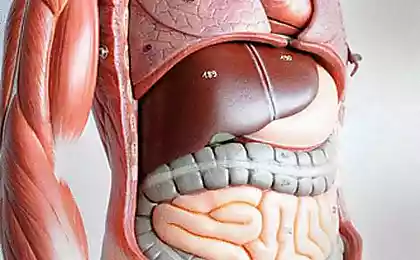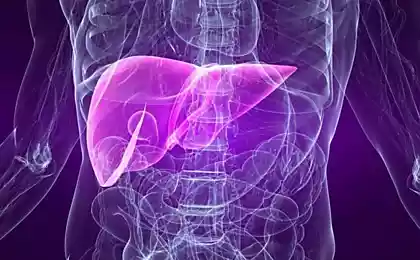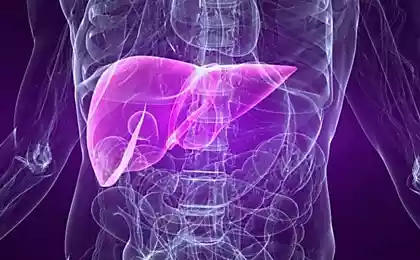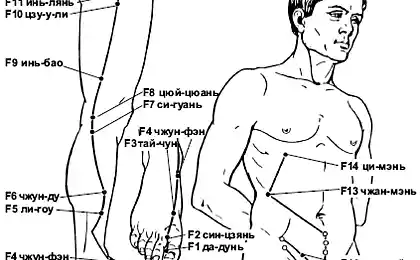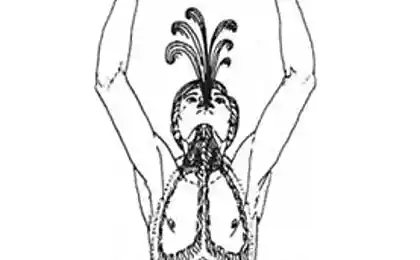342
Scientists have found a way of storage of donor liver
Currently, the shelf life of the donor liver is 12 hours. Experiments with the new technology of cooling has shown that this period can be increased to several days.
Researchers from Massachusetts General hospital and Harvard medical school have developed a technique of preservation of important body using two "cryoprotectant". These chemicals act as an antifreeze, preventing the formation of ice crystals in the organ removed for transplantation when cooled.
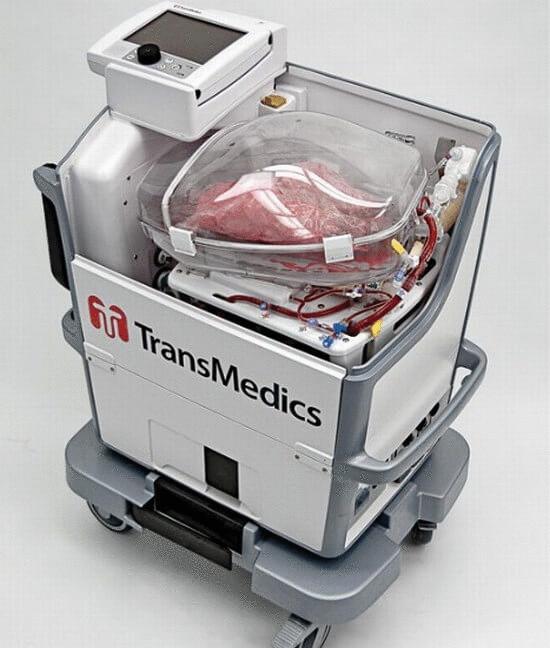
The first substance fills the space between cells and protects the fragile cell membranes. The second chemical compound accumulates in the cell and lowers the freezing point of water inside the cells, keeping e liquid even at low temperatures.
Team leadership Bote Bruinsma made a supercooled liver transplant 18 rats. The body that was stored before the transplant about 3 days, engrafted and the animals remained healthy during the month after surgery.
Those rodents who received livers stored for 4 days showed a 54 percent survival rate after one month. The technology that a donor organ pumped chemicals, then the liver is cooled to -6 degrees without freezing. Directly before transplantation, organ thawed and washed in warm water.
Now scientists are conducting similar experiments with larger animals, in an attempt to apply the technology of hypothermia for possible use in humans.
P. S. And remember, only by changing their consumption — together we change the world! ©
Source: nauka24news.ru/
Plan for Beijing - thousands of chargers for electric vehicles
Scientists are asking lawmakers to restrict the sale of GMOs
